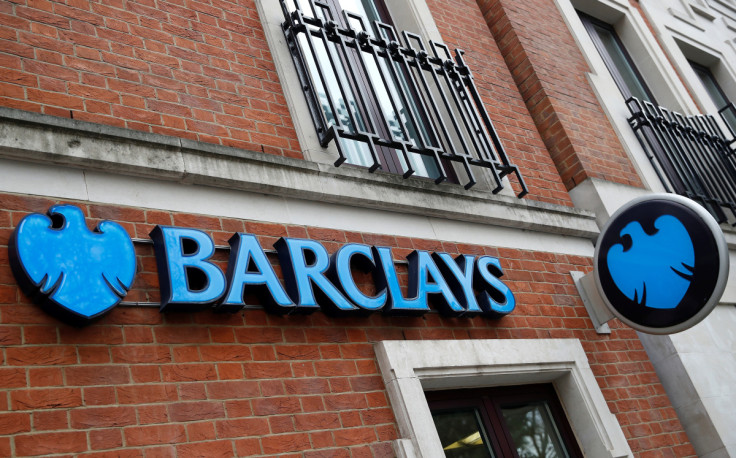Investors favor allocations to macro, credit funds
Investors such as pension funds and family offices plan to increase allocations to credit and global macro hedge funds in 2023, although their overall appetite for hedge funds is weaker this year, a survey by Barclays PLC showed on Friday.

Investors such as pension funds and family offices plan to increase allocations to credit and global macro hedge funds in 2023, although their overall appetite for hedge funds is weaker this year, a survey by Barclays PLC showed on Friday.
The bank interviewed 302 investors, including pension and sovereign funds, insurance companies, endowments, foundations and family offices with $7.5 trillion in assets under management. The investors were based in the Americas, Europe, the Middle East and Africa.
"Credit is very much in favor as well as the more diversifying strategies," said Roark Stahler, U.S. head of strategic consulting at Barclays. Demand for equity hedge funds, meanwhile, is low, the report said.
Investment intentions favoring macro hedge funds come after a year in which that strategy, which trades globally a broad range of assets, such as bonds, currencies, interest rates, stocks and commodities, posted the best performance in the industry.
Globally, macro hedge funds had gains of 9% last year, while equities hedge funds, down 10.2%, were the worst performers, data provider HFR said.
Good returns are likely to lure fresh money to macro funds this year, as 28% of investors intend to add to their current portfolios, the Barclays survey found.
Increased allocation to credit hedge funds has appeared as a new trend, and 34% of surveyed investors also intend to put more money into distressed funds - those that buy bonds of firms that are failing to pay debts.
The survey also showed that, although investors still plan to increase allocations to hedge funds, their intention has decrease roughly 10% from last year, to 19% of the investors surveyed.
Big investors, such as pension and sovereign funds, insurance companies, endowments and foundations, are planning to roughly maintain or even trim their hedge fund exposures in 2023, while more private banks and family offices see room for additional allocations.
The survey showed the main reason for a meager appetite for hedge funds, mentioned by 56% of investors, was a need to rebalance portfolios after a rough year for stocks. The next major reason was poor portfolio manager performance, cited by 31%, the survey showed.
Overall, hedge funds lost 4.2% last year, but they still outperformed the S&P 500, which sank roughly 20%. That left hedge funds accounting for a bigger portion of portfolios, exceeding limits set by investment committees. To rebalance, some investors are forced to divest.
"There's capital outflows as a result of that - hedge funds being a victim of their own success," said Stahler.
Copyright Thomson Reuters. All rights reserved.





